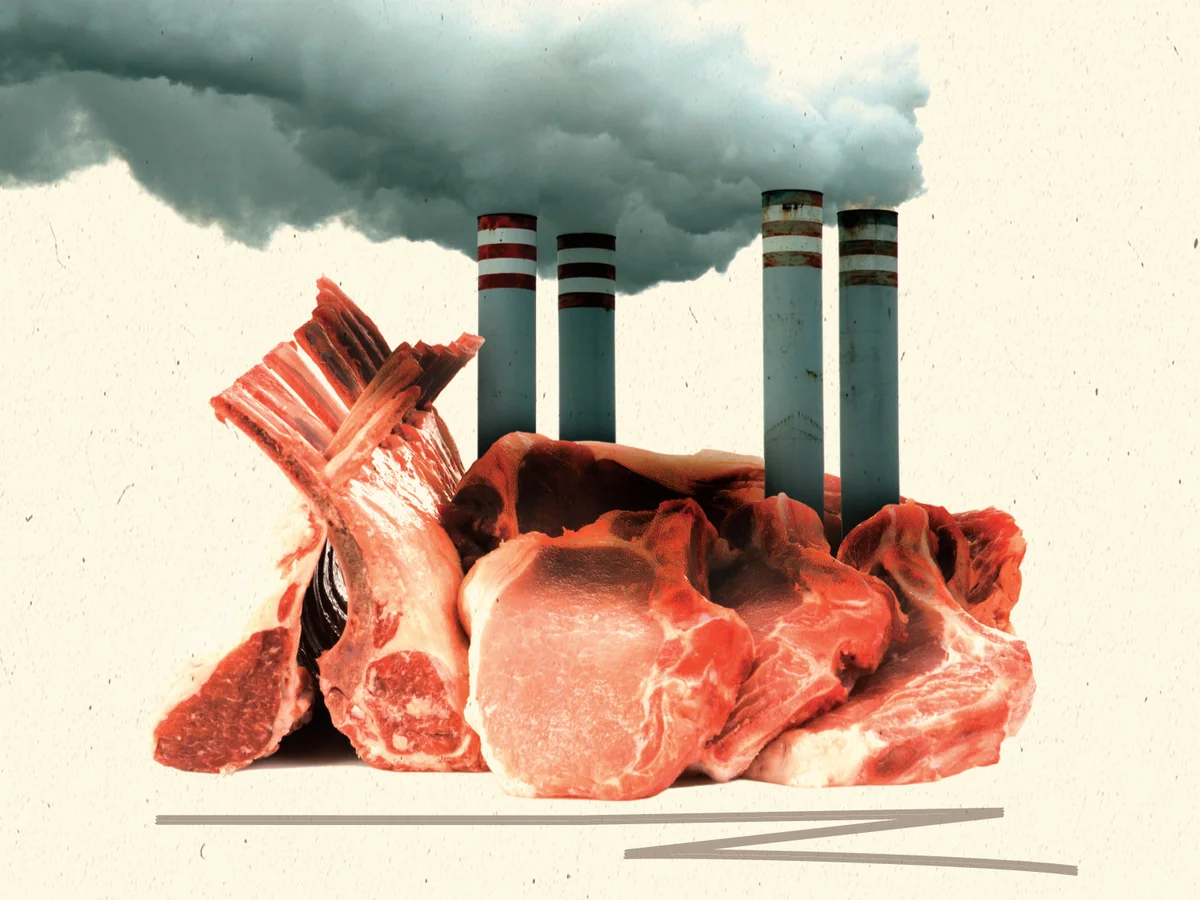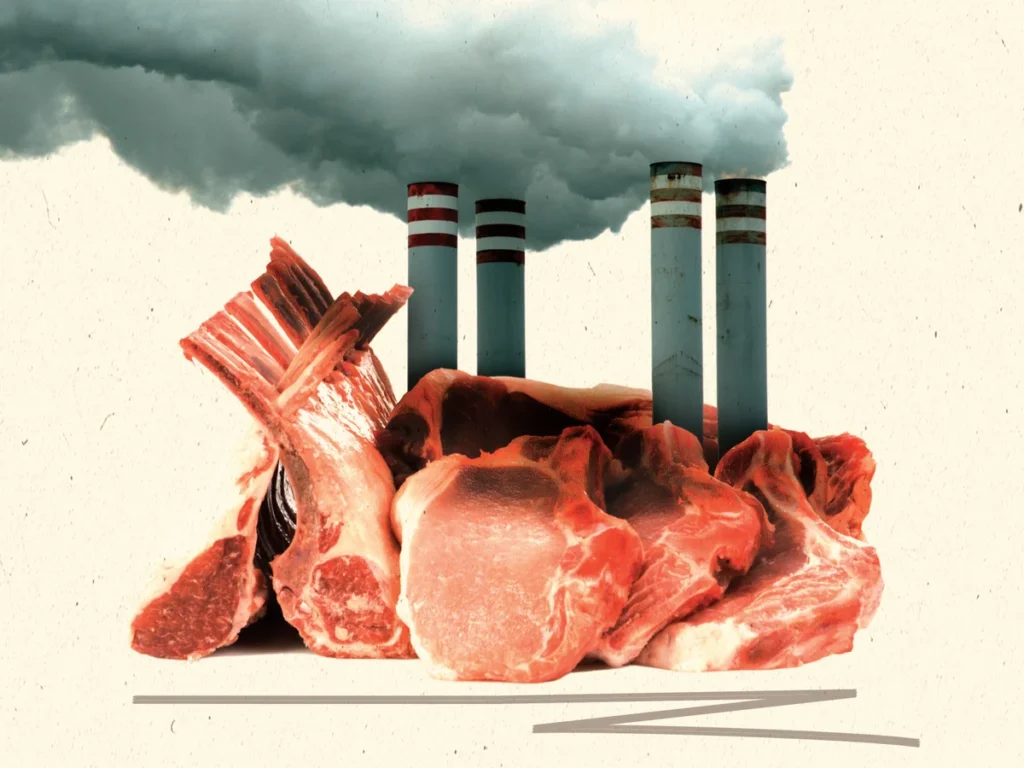
The suggestion to “just stop” eating meat and burning fossil fuels sounds straightforward in theory but faces complex realities in practice. Both activities are deeply embedded in our global systems, economies, and cultures, making rapid transitions extraordinarily challenging.

The Meat Industry’s Deep Roots
Our food systems have evolved around animal agriculture for thousands of years. Today, this manifests as:
- Economic dependencies: Millions of livelihoods worldwide depend on livestock farming and related industries
- Food security concerns: Animal products provide critical nutrition in regions with limited plant-growing capacity
- Cultural significance: Meat features prominently in countless cultural traditions and cuisines
- Infrastructure investment: Massive existing systems designed specifically for meat production
For many communities, particularly in developing regions, livestock represents not just food but financial security, social status, and agricultural necessity.
Fossil Fuel Dependencies Run Deep
Similarly, fossil fuels form the backbone of modern civilization:
- Energy infrastructure: Our electricity generation, transportation networks, and industrial processes rely heavily on fossil fuels
- Economic considerations: Many nations’ economies depend on fossil fuel production
- Technology limitations: Renewable alternatives, while improving rapidly, can’t yet fully replace fossil fuels in all applications
- Global inequality: Developing nations seeking economic growth face difficult tradeoffs between development goals and emission reductions
The energy transition requires rebuilding fundamental systems that took over a century to develop.
The Path Forward: Evolution, Not Revolution
Rather than an immediate stop, what’s needed is a thoughtful, managed transition that:
- Acknowledges systemic complexities and provides support for affected communities
- Develops viable alternatives that meet diverse global needs
- Creates economic incentives that align with environmental goals
- Respects cultural traditions while encouraging sustainable innovations
- Addresses inequities in how transition costs and benefits are distributed
Progress likely requires incremental changes: reducing meat consumption rather than eliminating it, transitioning to clean energy while carefully managing economic impacts, and building new systems alongside existing ones.
The challenge isn’t simply technological or environmental but fundamentally social and economic. We must navigate complex tradeoffs while acknowledging that what works in wealthy urban centers may not work in rural or developing regions.